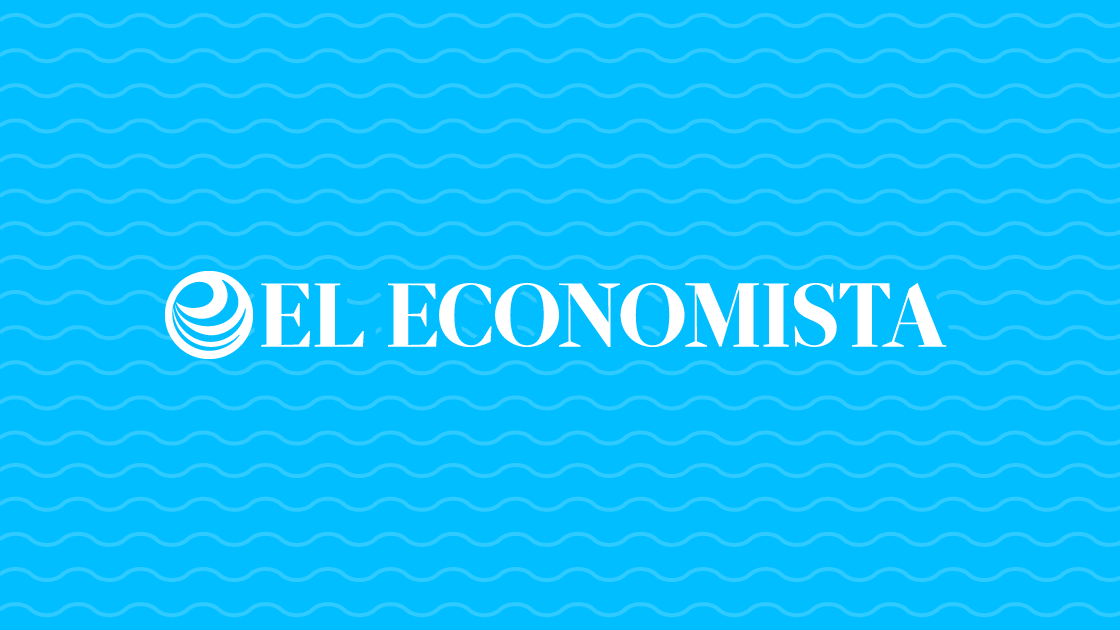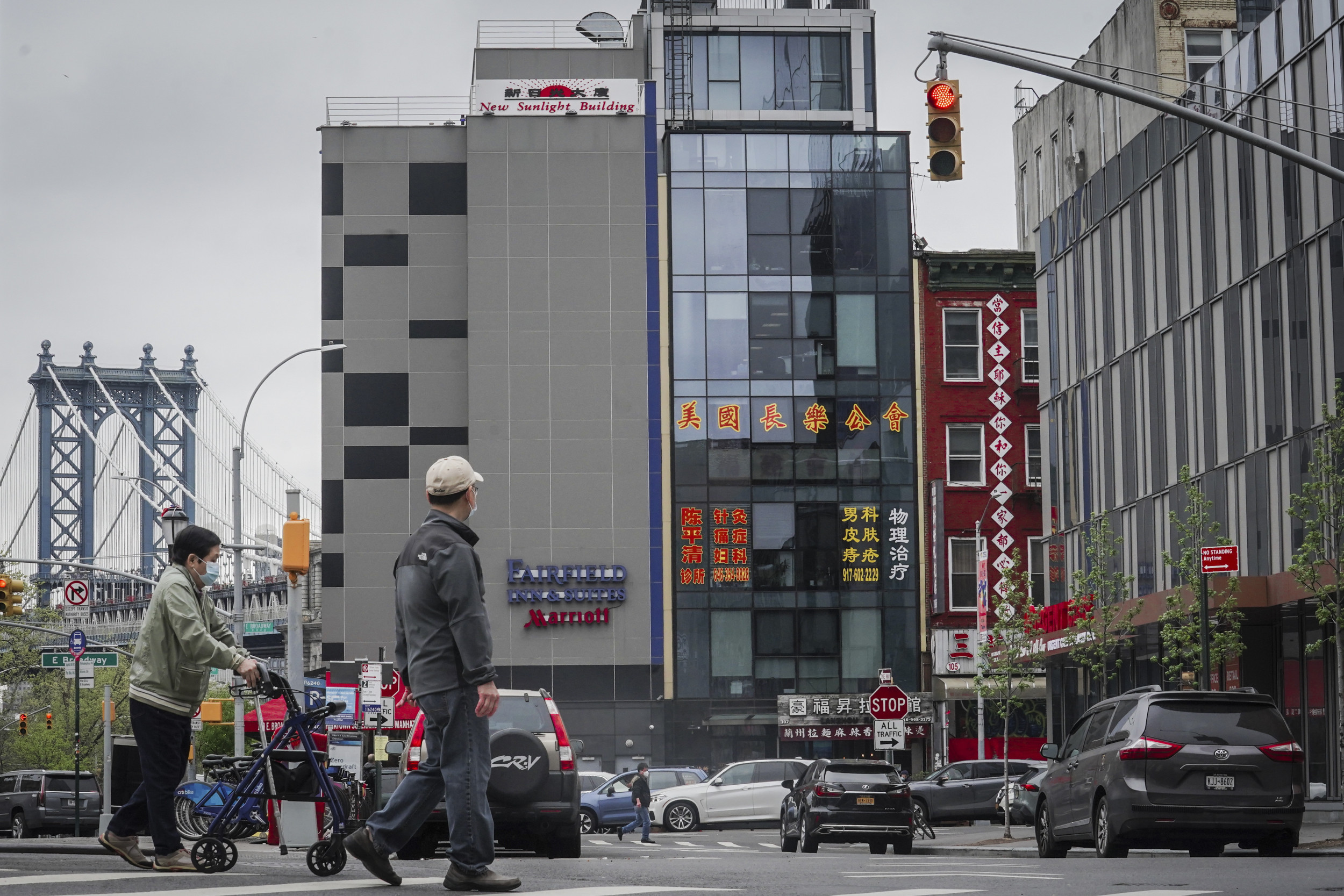Cancun, QR. The Federal Economic Competition Commission (Cofece) concluded that in Quintana Roo there is an absence of effective competition conditions in the maritime passenger transport service, in cabotage navigation, in the modality of ferries in three relevant markets located in the northern zone of the condition.
The investigation, with file number DC-001-2020, began ex officio on July 21, 2020 and ended on December 10 of that year.
Cofece anticipates that once the non-existence of effective competition conditions in the maritime transport service of passengers in the form of ferries in Cozumel and Isla Mujeres has been determined, the regulatory authority of the sector must establish a rate regulation.
He explained that the points in which these conditions of lack of competition prevail are: the routes Cozumel-Playa del Carmen, Isla Mujeres-Puerto Juárez / Cancun, as well as Isla Mujeres with origin and / or destination to the El Caracol docks, Playa Tortugas and El Embarcadero, also in Cancun.
It was found that users of this service do not have other options to move from these islands to the north of Quintana Roo without incurring additional costs. This is due to the fact that the services of land, air or other forms of maritime transport, such as nautical tourism or ferry, do not replace ferries, among other factors, due to differences in conditions such as facilities, price, travel speed and frequencies.
“There are also no alternative routes, since the service cannot be provided from a point that is completely different or very far from the origin or destination; Furthermore, on the supply side, these providers have limited capacity to offer the service without incurring significant costs ”, he adds.
Rates
La Cofece confirmed that Naviera Magna (Ultramar) has a high market share and substantial power in Puerto Juárez and the hotel zone – in the latter it is the only bidder -, while on the Cozumel-Playa del Carmen, Magna and Golfo Transportation route (Winjet) have a high market share and a similar behavior in terms of rates and schedules, in a market structure that does not favor competition.
These economic agents, he detailed, can freely and unilaterally set their rates, as well as restrict the supply, since they freely choose the schedules and itineraries they want to provide, and could even stop doing so for six months without having their permission revoked. to the fact that there are regulatory, economic and structural barriers that limit the entry of potential participants.
Among these barriers, he mentions “the indivisibility of the infrastructure to provide service, that is, the assets cannot be fragmented to adapt them to the seasonal demand for the service, which directly affects investment decisions and the fixed costs of carriers. , in addition to the high amounts of investment required to enter the market ”.
estados@eleconomista.mx






